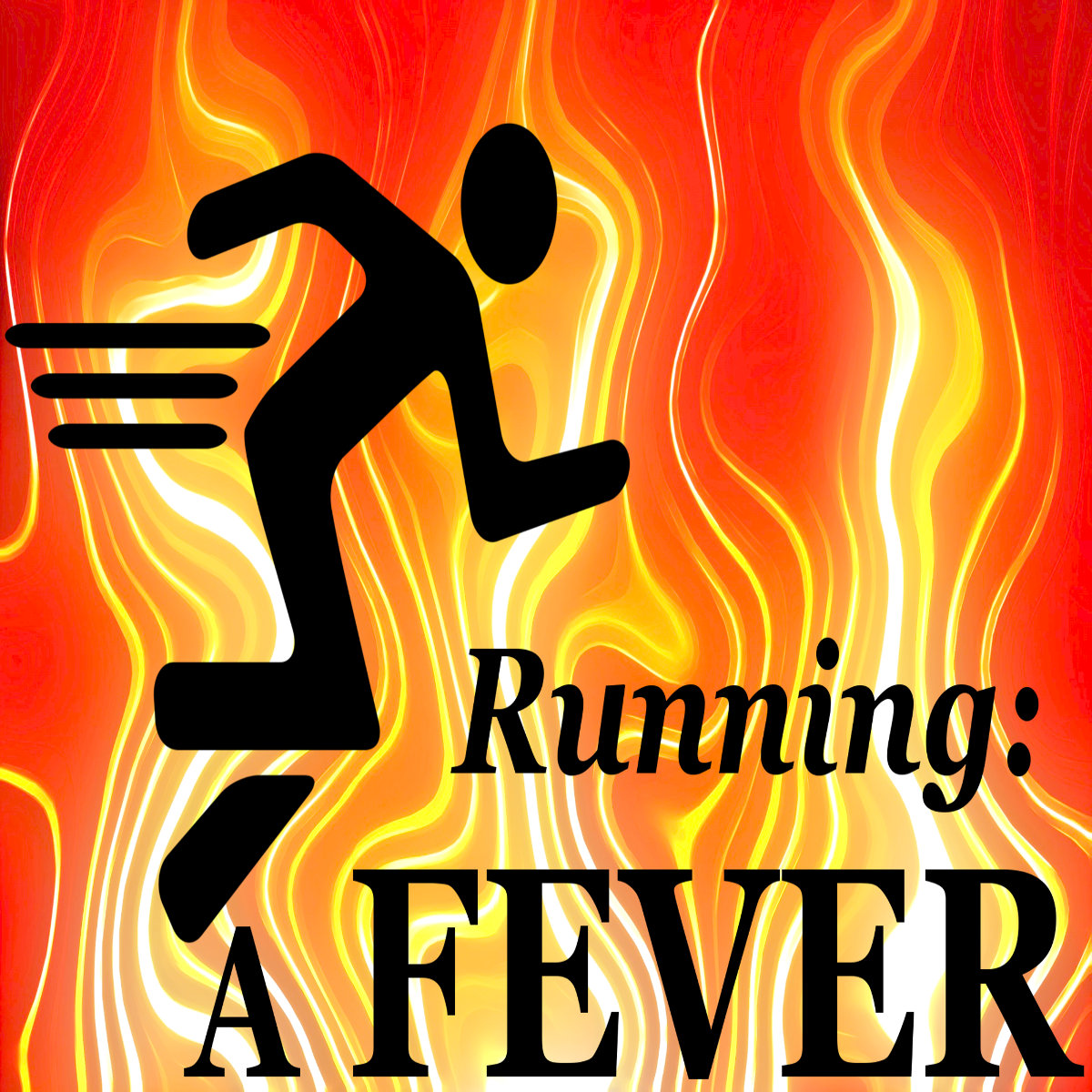Why women and men? You may not know this, I didn’t for a long time — but women have testosterone and men have estrogen. It is produced by the sex glands, the testes in men and ovaries in women. Men have 7-8 times more testosterone than women and produce 20 times more on a daily basis.
What is it? Testosterone is a hormone. Hormones are chemicals that control bodily functions. In the past we have discussed other hormones, like the brain chemicals in episodes 139 and 150-154. We’ve also mentioned ghrelin and leptin which control appetite and fat conversion. This one controls some secondary sex characteristics.
Testosterone is also considered a special type of anabolic steroid called an androgen. Steroids affect cell membranes and send signals like other hormones. Androgens are of the particular kind of steroid that regulates male characteristics.
Why is testosterone important? I’ve always thought, men have it, women don’t. That’s the way it’s supposed to be. Nothing I can do about it, nothing I need to do. But I said that in ignorance, and in recent months I have learned more about it.
Testosterone affects the growth of muscle mass and strength. These are generally desireable, so we need to make sure we have a healthy amount of testosterone. In men, production decreases with age. It can be prescribed for low testosterone and has other applications as a drug as well. Women can be prescribed testosterone as a treatment for breast cancer. And it is one of those steroids, even though it is naturally produced, that atheletes use, often illegally or against the rules of sport, to increase their performance.
Studies have shown that testosterone levels do not affect the risk of prostate cancer, but that drastic reduction can increase the rate of spread of the disease once contracted. In women, high levels have been associated with menstrual cycle irregularities.
You can get your testosterone level with a blood test, though you’ll probably need to ask for it specifically, and may need to pay extra for it vs. the standard tests you get as part of a physical. I got a testosterone test with my last physical. The level is expressed in nanograms per decileter, and the normal range for men is 270-1070 nanograms per decileter. Research shows the healthiest men have levels in the 400-600 range. A higher than normal range can be beneficial with regards to blood pressure and risk of obesity and heart attacks. But there are drawbacks, which include a tendency to consume more alcoholic beverages, to smoke, to get injured, and engage in risky behavior which is phsycially dangerous or criminal.
So here’s a little controversial editorial content for you. Testosterone is regulated. It can be harmful, so perhaps it should be regulated. There is perceived abuse of the drug by athletes. However, it can be legally used with a prescription. One application is in hormone therapy used for patients with gender dysphoria. This is a psychological disorder, and hormone therapy does not affect the psychology directly. It works to change the physical characteristics to match the perception caused by the disorder. If this is the case, it is effectively used for an elective aesthetic purpose. So if that is the case, why can’t males be prescribed the drug to improve their appearance and strength? Something to think about. I’d love to know your views on the matter. Personally I would discourage anyone from taking testosterone except to correct a lower-than-normal level, whether you have a prescription or not.
Testosterone and other hormones are produced while we sleep. This is another reason why sleep is so important. And the highest levels of testosterone in a day occur during REM sleep. Interrupted REM cycles can cause low testosterone, and there is positive correlation between sexual dysfunction and sleep apnea causing disrupted or less sleep. This is true of both women and men.
You definitely want to check out episode 179 in which I talk about some big reasons you need to get the right amount of sleep.
Referenced episodes:
RAF139 Brain Chemicals:
http://RunningAFEVER.com/139
https://www.youtube.com/watch?v=clfj9dBJvxo&list=PL0-YNhuffh8-6lub1UxUD74AJ0ULdoXP4
RAF150 Endorphins:
http://RunningAFEVER.com/150
RAF151 Dopamine:
http://RunningAFEVER.com/151
RAF152 Seratonin:
http://RunningAFEVER.com/152
RAF153 Oxytocin:
http://RunningAFEVER.com/153
RAF154 Cortisol:
http://RunningAFEVER.com/154
RAF179 Sleep:
http://RunningAFEVER.com/179
References:
https://en.wikipedia.org/wiki/Testosterone
https://en.wikipedia.org/wiki/Androgen
https://www.psychologytoday.com/us/blog/sleep-newzzz/201112/testosterone-sleep-and-sexual-health
https://en.wikipedia.org/wiki/Hormone
https://www.ncbi.nlm.nih.gov/pmc/articles/PMC6370611/
https://www.medicinenet.com/high_and_low_testosterone_levels_in_men/views.htm
Weight 7-day Avg. (change since Jan 2018): 223 (-52)
Workout time: 192 Minutes
Total Distance (total since Nov 2017): 5.51 Miles (562.96)
Steps: 17,621
Muscle Mass 7-day Avg. (change since Aug 2018): 158.03 (+15)
Body Fat 7-day Avg.: 29%
Daily Sleep Duration 7-day Avg: 7 hours
2019 Goal: 15% Body Fat
